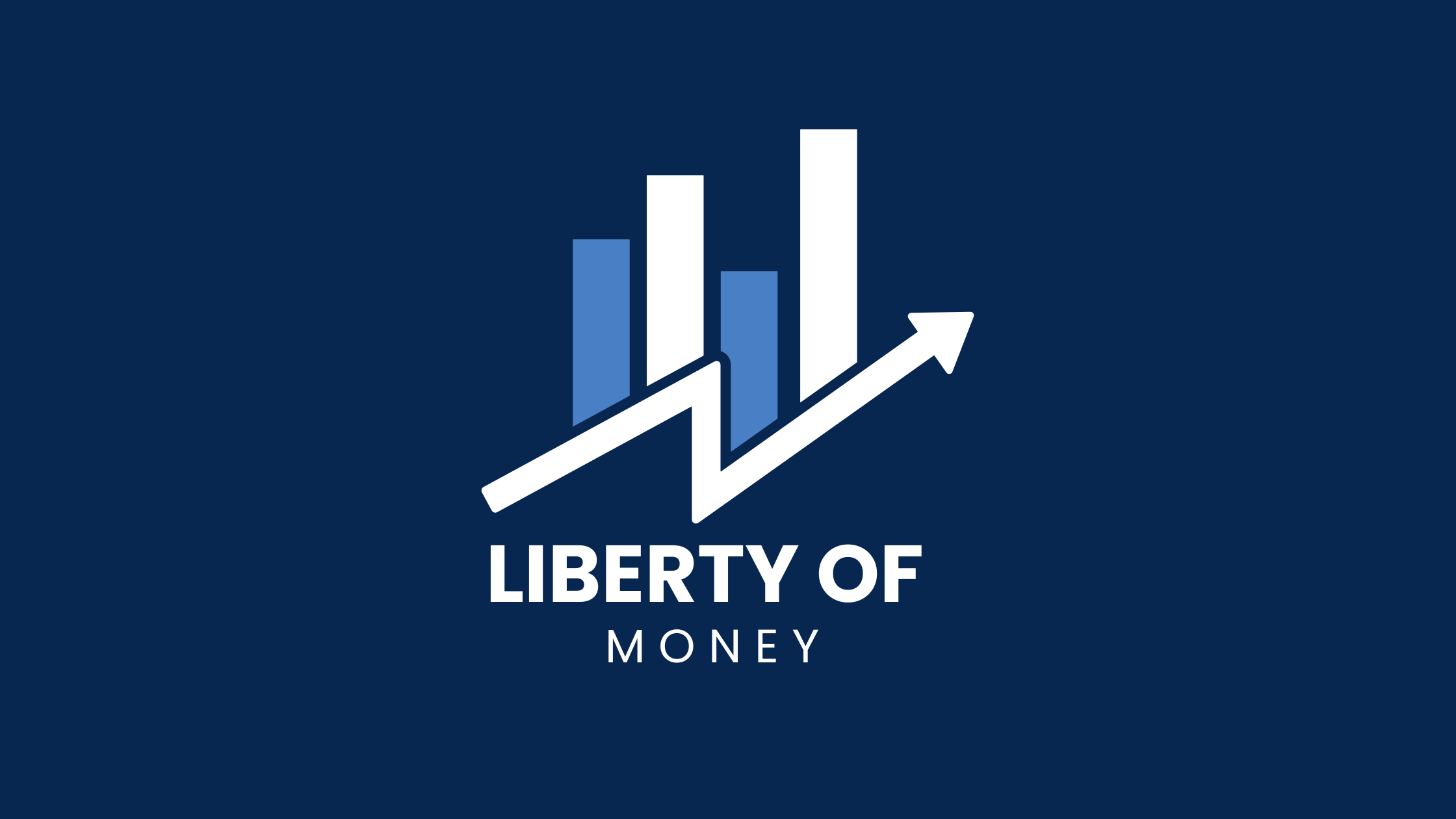Understanding the Domino Effect of China’s Property Sector Woes on the Global Economy
China’s once-booming real estate market is facing its biggest reckoning in decades. With major developers defaulting and homebuyers losing confidence, the world is watching closely. But what does this mean for international markets—and more importantly, for your investments?
In this article, we’ll break down the causes of China’s deepening real estate crisis, how it affects global markets, and smart strategies you can adopt to protect and grow your wealth during this period of uncertainty.
What’s Fueling China’s Real Estate Crisis?
China’s real estate sector has been a key driver of its economic growth for over two decades. But several factors have contributed to the current downturn:
- Over-leveraged developers: Major firms like Evergrande borrowed heavily to expand, creating unsustainable debt levels.
- Government clampdown: China’s “three red lines” policy aimed to reduce systemic risk, but it triggered a credit crunch.
- Falling demand: Slowing population growth and waning buyer confidence have led to oversupply and falling home prices.
This perfect storm has created a housing slowdown with massive implications.
How the Crisis Impacts Global Markets

The ripple effects of China’s property crisis are being felt far beyond its borders. Here’s how:
1. Commodities and Raw Materials
China is a major importer of construction materials like steel, copper, and cement. As construction halts, global demand shrinks, hitting commodity exporters.
2. Global Supply Chains
Property development has strong ties to manufacturing. A slowdown in real estate can weaken demand for appliances, electronics, and industrial goods.
3. Financial Markets
International investors with exposure to Chinese property bonds and stocks are seeing losses, and global markets may suffer from broader economic contagion.
4. Emerging Market Vulnerability
Countries relying on Chinese investment or trade are at higher risk, especially in Asia, Africa, and Latin America.
What Should Investors Do Now?
In uncertain times, smart diversification and knowledge become your strongest tools. Here are actionable strategies:
- Look beyond China: Shift exposure to more stable regions or sectors like technology, healthcare, and renewable energy.
- Diversify internationally: Don’t concentrate your assets in any one economy—emerging markets beyond Asia could offer growth opportunities.
- Focus on education: Understanding macroeconomic trends gives you an edge. Learn how to read the signs before they hit your wallet.
A Wake-Up Call for Global Investors
China’s real estate crisis isn’t just a national issue—it’s a signal of broader economic fragility in the global system. While it may trigger temporary turbulence, informed investors who adapt early can navigate the storm and even uncover new opportunities.
Remember: the more you learn, the better you earn.




